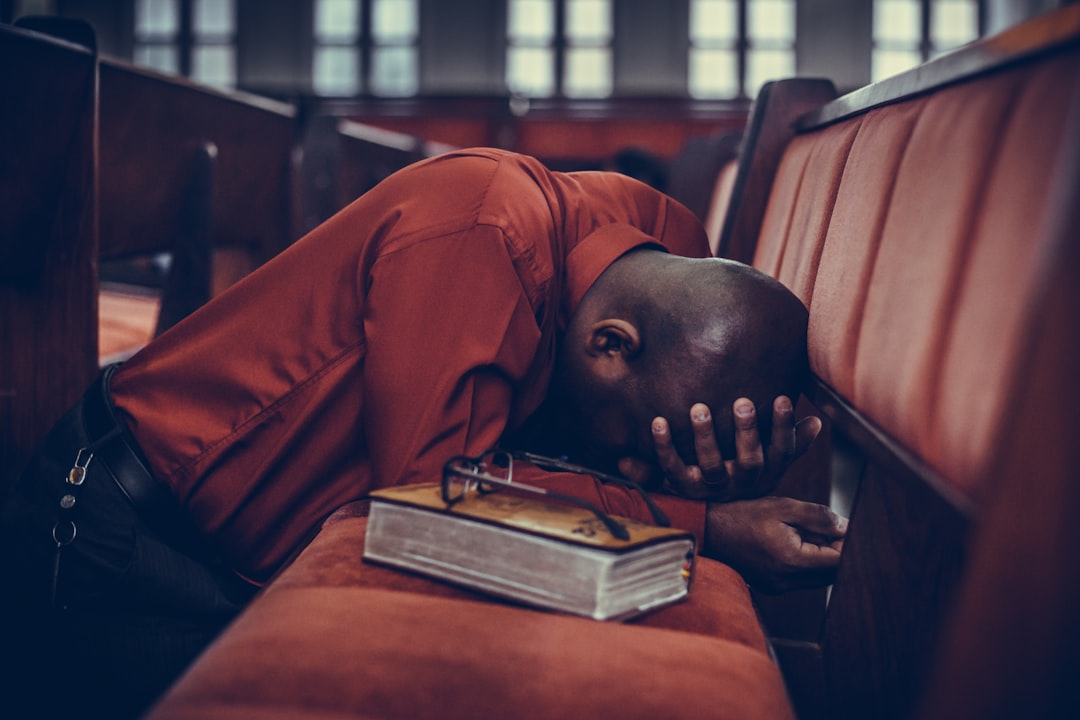Rewind: 'Religion that Heals, Religion that Harms'
In conversation with James L. Griffith, MD, about the national divide in our brains
vol. 4 SPECIAL EDITION

Greetings,
When I was a psychiatry journal editor and media producer, I had the great fortune to work with James L. Griffith, MD, chair of the psychiatry department at George Washington University, on a number of projects.
During the height of the pandemic and the last presidential election, “Griff” as his colleagues and others affectionately call him, was kind enough to record an interview with me about the way politicians and others can manipulate us by way of tapping into our different neuronal structures.
I am revisiting this podcast (also available in a video below) because one of the key points of Griff’s work that we discussed was the role religion can play to either help or harm a community that is at war with itself. Griff, who grew up in the Deep South, where his father often entertained members of the KKK, as he tells is also the author of an award-winning book on the subject, Religion that Heals, Religion that Harms: A Guide for Clinical Practice.
From the show notes of the podcast/video:
Griff [and his colleagues] viewed their patients with a compassion born of a global perspective on the nature and reality of spiritual pain, the kind that is born of believing one has no reason to hope and to dream.
There are a lot of thoughts crammed into those show notes, some of which, such as my notes on diversity, equality, and inclusion training, have evolved, but overall, they remain my position, and so I won’t yammer on here.
My reason for revisiting this thoughtful conversation with Griff (in my experience, every conversation with Griff is thoughtful and respectfully provocative) is because it slots in nicely with my recent call made to Christian Americans while I was visiting family members who live where the Bible Belt buckles, to consider how those of us who place a premium on spirituality can work together to leverage our common faith in service to something greater than ourselves so that we might live in peace as a nation. Doing so, I believe, requires not evangelizing, but listening. And that is something we get at in this interview, too.
All of my docu-mental podcasts, including this one with Dr. Griffith, can be found in the archives, which is for paid subscribers only. But! if you’d like to listen and to also take a tour through the archives, below is a coupon that will give you a week’s free pass to do so.
If you are a paid subscriber, you will also have access to the upcoming response from jazz musician and theologian, Julian Davis Reid, to my interrogation of the Book of Numbers and Moses’s ill-fated trip to the Promise Land. Julian has already written his reply, and it’s great — he brings up a few points I never would have thought of, as I would have expected a theologian would! As a patron subscriber, expect that op-ed either next week or the week after, depending on other essays and guest op-eds I have pending.
One last thing: a few long-time readers of docu-mental have asked me in so many words, “Have you lost your cotton-picking mind???” by way of my outreach to the Christian Nation within our nation. No, I don’t think so. Mostly, I am curious is all.
Love, faith, and kindness are such precious resources, and if they are to be found anywhere, I figure it’s by starting with people of faith. If I am wrong, well, I will soon find out. What I discover is entirely in your hands!
If you use your coupon, you will be asked for your credit card information. If you decide not to continue your subscription, here is the information for how to cancel:
How do I cancel my paid subscription?
Naturally, I hope you will continue to be a patron of this publication. Together, we can discuss our love of country, with me coming from the perspective that I love the actual land it has been wrought upon.
Below is the link to the interview. I hope you will join me on the other side!
Peace,
Whitney


